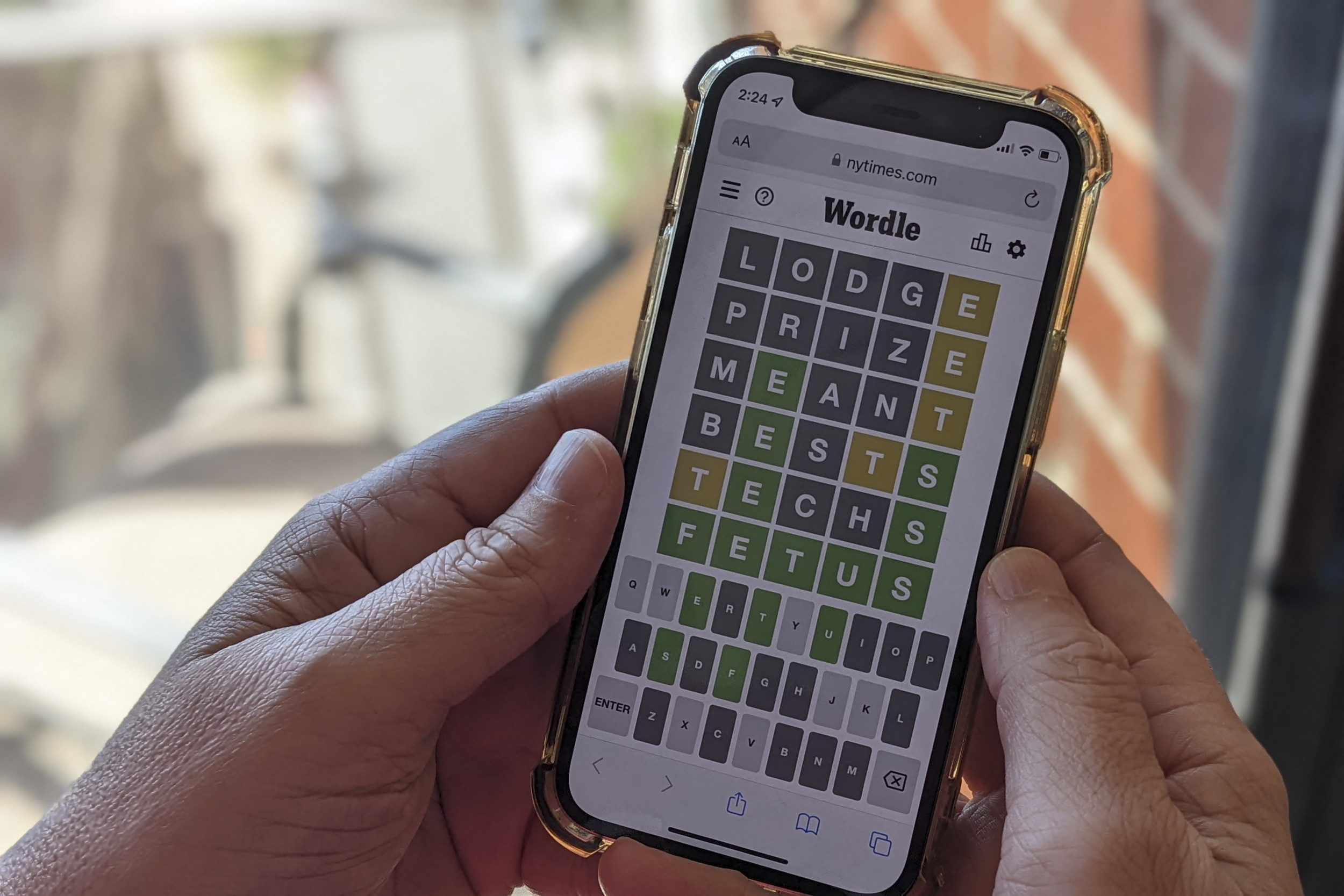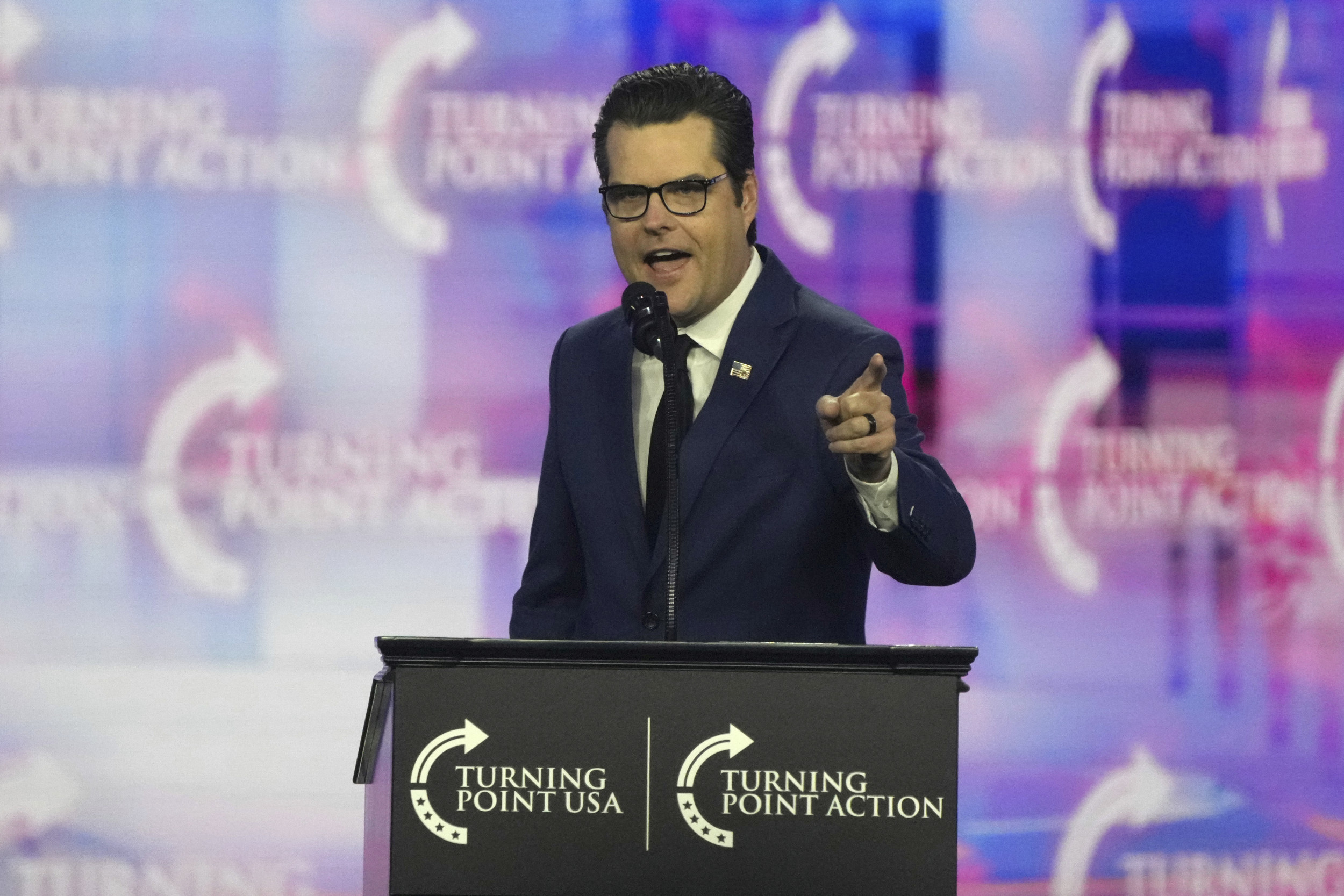Former President Donald Trump and Vice President Kamala Harris are fighting to win Michigan and secure the state's 15 electoral votes.
Michigan played a decisive role in a presidential election for the fourth-consecutive time, with Trump and Harris campaigning heavily in pursuit of the state's electoral votes. Both campaigns tried to appeal to people in vote-rich Detroit and its suburbs and Kent County in the west, home of the Grand Rapids and a key swing area of the state.
With 52 percent of the votes counted, Trump was leading Harris with 51.9 percent of the vote, according to CNN projections.
Who Did Michigan Voters Pick in 2016 and 2020?
Michigan was one of three presidential battlegrounds, along with Pennsylvania and Wisconsin, that went narrowly for Donald Trump in 2016 after almost 30 years of supporting Democrats for president. Four years later, Democrat Joe Biden won all three states back for the Democrats, with a margin in Michigan of about 154,000 votes out of more than 5.5 million cast.
As of October 1, 2024, Michigan had approximately 8,148,345 registered voters, with Democrats comprising 2,522,847 (31%), Republicans 3,261,441 (40%), and third party/other affiliations totaling 198,538 (2.44%). This is an increase from 2020, when Michigan had about 8,105,524 registered voters, of whom 7,151,051 were classified as active.
What Were the Polling Averages in Michigan?
According to Nate Silver's popular model in late October 2024, Kamala Harris held a lead in Michigan, with 48.4 percent of the projected vote compared to Donald Trump's 47.2 percent, giving her a slight 0.4 point advantage. This margin had reduced from earlier in the month with Trump improving his numbers by 0.9 point since September.
FiveThirtyEight's model also showed Harris with a 1 point edge over Trump, with Harris holding 48 percent of the vote and Trump 47 percent.

The Biggest Issues in Michigan
In Michigan, a state rooted in manufacturing, voters were primarily concerned with the economy, immigration and the conflict in Gaza. Despite favorable economic indicators, such as low unemployment and the falling inflation rate, the rising cost of living remained a pressing issue, with most polls placing economic stability and job security as top priorities.
Reflecting national sentiment, immigration was another focal point for Michigan voters, centering around debates on border security and pathways to citizenship. The ongoing conflict in Gaza resonated strongly, especially among Michigan's Arab American community—the largest in the U.S.—and foreign policy considerations weighed heavily.
A recent poll from The Washington Post found that the Gaza conflict ranked as a more significant issue in Michigan than in other states, with Trump holding a slight edge over Harris in the public's perception of the handling the situation.
As of November 1, 2024, Michigan had seen a significant number of early votes cast ahead of the November 5 election. Statewide, over 2.5 million people participated in early voting, accounting for about 35.5% of the state's 7.27 million registered voters.
This total included both absentee ballots and in-person early voting. Specifically, 1,843,060 absentee ballots were returned, representing about 78.5% of the 2,348,351 sent out. Additionally, 736,894 voters cast their ballots in person during early voting.
Both Campaigns Intensely Rallied in Michigan
Both candidates had Michigan firmly in their sights, with Trump and Harris each making 14 stops in the state this year. Trump, with his "America First" message, visited cities like Detroit, Warren and Novi, aiming to energize his base.
Harris focused on building Democratic support in areas like the Grand Rapids and Lansing, with former First Lady Michelle Obama joining her in Kalamazoo for her first campaign appearance of the cycle in October.
.jpg?mbid=social_retweet)



















 English (US) ·
English (US) ·